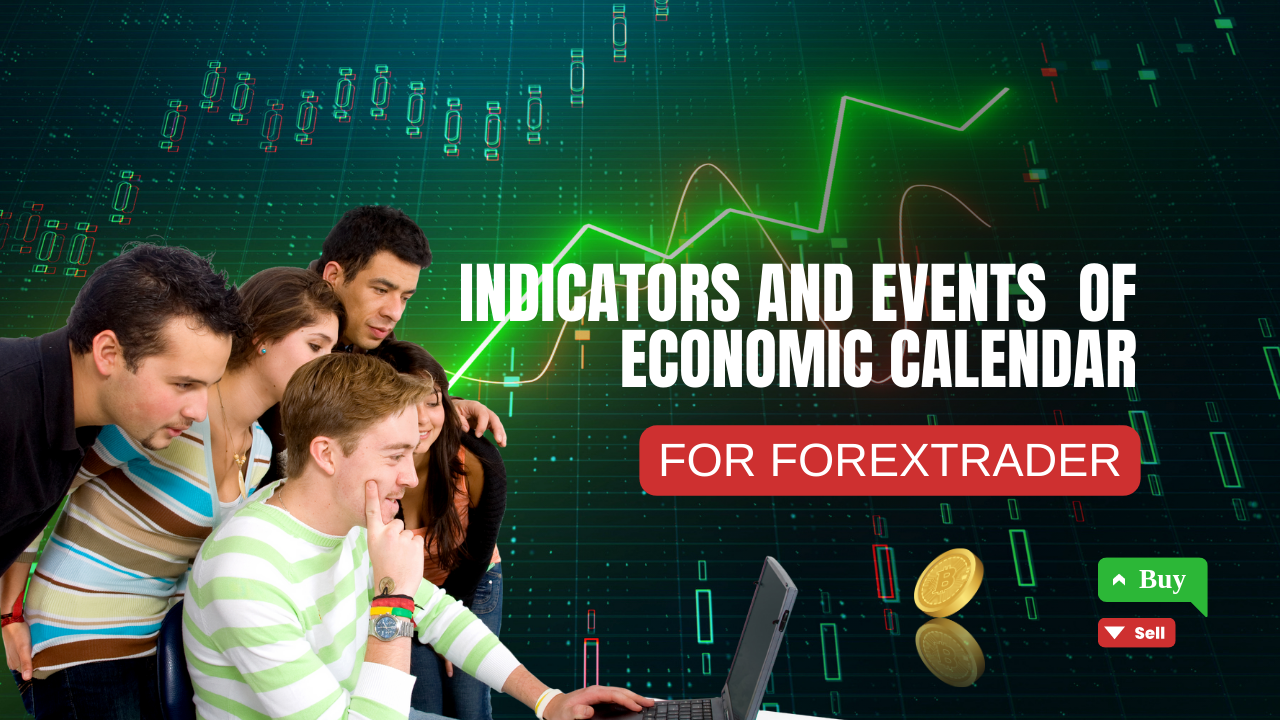
The Benefits of Following an Economic Calendar
Introduction:
An economic calendar is a tool that provides crucial information about upcoming economic events, such as the release of important economic indicators, central bank meetings, and other significant financial announcements. Traders, investors, and economists around the world rely on economic calendars to keep track of these events and make informed decisions. In this blog post, we will explore the various benefits of following an economic calendar.
1. Stay Informed:
By following an economic calendar, you can stay informed about key economic events and their potential impact on the markets. It allows you to plan your trading strategy in advance, ensuring that you are well-prepared for any potential market-moving events. Whether it’s the release of GDP data, unemployment figures, or interest rate decisions, an economic calendar provides you with the necessary information to make informed decisions.
2. Predict Market Volatility:
Market volatility is a common occurrence, and economic events often act as catalysts for significant price movements. By following an economic calendar, you can anticipate periods of heightened volatility and adjust your trading strategy accordingly. For example, if a central bank is scheduled to announce its interest rate decision, you can expect increased market activity and adjust your risk management strategies accordingly.
3. Identify Trading Opportunities:
An economic calendar can help you identify potential trading opportunities. By monitoring economic events, you can spot trends or patterns that may affect specific currency pairs, commodities, or stock markets. For instance, if a country’s unemployment rate unexpectedly drops, it could indicate a potential opportunity to invest in that country’s currency or stock market.
4. Manage Risk:
Risk management is crucial in trading and investing. Economic calendars allow you to assess the potential risks associated with upcoming economic events. By being aware of these events, you can adjust your positions, set appropriate stop-loss orders, or even choose to avoid trading during periods of high uncertainty. This helps you protect your capital and minimize potential losses.
5. Enhance Fundamental Analysis:
Fundamental analysis is a key component of trading and investing. By following an economic calendar, you can gather the necessary data to conduct thorough fundamental analysis. Economic indicators, such as inflation rates, consumer confidence, or manufacturing data, provide valuable insights into the health of an economy. These insights can help you make more informed trading decisions based on the underlying fundamentals.
Top News Events in Forex Trading
Nonfarm Payroll (NFP) Reports
These reports provide a detailed look at the number of people employed in the U.S. economy. The reports include data on the number of jobs created or lost, average hourly wages, and the number of people working part-time or full-time. They are important indicators of the health of the economy.
U.S. Federal Interest Rates
The Federal Reserve sets a target for the federal funds rate, which is the rate at which banks borrow from each other in order to meet their reserve requirements. Changes in this rate can affect the cost of borrowing for households and businesses and, in turn, the overall level of economic activity.
US Federal Funds Rate
The US Federal Funds Rate is the interest rate at which banks and other depository institutions lend balances held at the Federal Reserve to other depository institutions overnight. It is used to influence the money supply in the US economy and is one of the most important monetary policy tools used by the Federal Reserve.
Gross Domestic Product (GDP)
GDP is a measure of the total value of goods and services produced by a country in a given period of time. It is used to gauge the economic health of a country and compare it to other countries.
Consumer Confidence Index
The Consumer Confidence Index is an economic indicator that measures how confident consumers are in the economy. It is based on survey results from people who are asked about their spending habits, investment plans, and other economic indicators.
Consumer Price Index (CPI)
The Consumer Price Index is an economic indicator used to measure the change in the price of goods and services purchased by consumers. It is used to measure inflation and deflation in the economy.
Purchasing Managers Index (PMI)
The PMI is an economic indicator used to measure the health of a country’s manufacturing sector. It is based on surveys of purchasing managers in various industries and is used to measure changes in production, new orders, inventories, delivery times and employment.
Industrial Production Index (IPI)
The IPI is an economic indicator used to measure the output of a country’s industrial sector. It is a weighted average of the production of goods in mining, manufacturing, and utilities, and it gives an indication of the overall level of economic activity in the country.
Retail Sales Data
Retail sales data is a measure of the total sales of goods and services in a particular industry. It provides valuable insight into consumer spending habits and can be used to identify trends and make predictions about future sales.
Conclusion:
Reading an economic calendar is a fundamental skill for anyone involved in the financial markets. It allows you to stay informed about upcoming economic events and make more informed trading decisions. By following the step-by-step guide outlined in this blog post, you can navigate through economic calendars effectively and maximize your understanding of the market’s movements. Remember, practice and experience are key to mastering this skill, so start exploring economic calendars and analyzing their impact on the financial world.
Where to contact us :
Website : www.forextrade1.co
Twitter : www.twitter.com/forextrade11
Telegram : telegram.me/ftrade1
Facebook : www.facebook.com/Forextrade01
Instagram : www.instagram.com/forextrade1
YouTube : www.youtube.com/ForexTrade1
Skype : forextrade01@outlook.com
Email ID : info.forextrade1@gmail.com
Discord : https://discord.gg/vEk98ZvrHP
LinkedIn : https://www.linkedin.com/company/forextrade11

